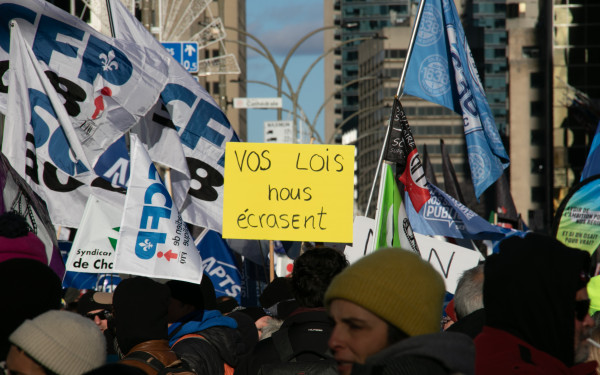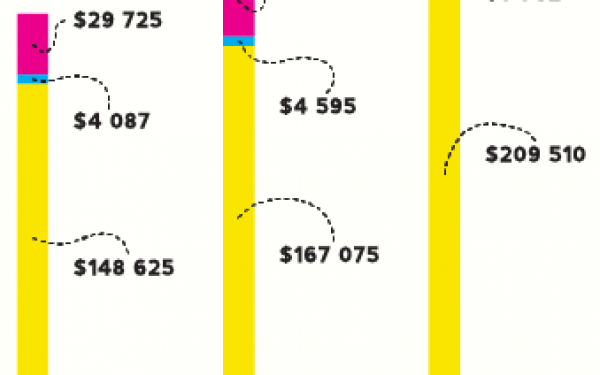Foreign Service Strike Delays Some International Students’ Papers
Things are moving a little slower for international students who need their visas processed to study in Canada this year.
A workers’ strike in 15 of the major Canadian service centres around the world began on April 2, complicating the process of the some 100,000 international students coming to study in Canada, according to the spokesperson of the Professional Association of Foreign Service Officers.
“It’s been moving more slowly than usual, but we’ve received assurance that student visas are being prioritized,” said Concordia spokesperson Chris Mota. Concordia has about 5,000 international students, mostly from China, France, India and Iran.
Those who applied for visas when they applied to Concordia have nothing to worry about, but “a minority of students may need to defer their admission to January,” said Mota.
The collective agreement of the 1,350 employees represented by PAFSO has been expired since June 2011. After 18 months of negotiations between the Government of Canada’s Treasury Council and the union, the conflict remained unresolved. The union has proposed third-party arbitration.
PAFSO wants wage equality within all the divisions and members of embassy workers, which means adjusting salaries by up to $14,000 a year, and were willing to forfeit severance bonuses which amount to two per cent of pay per year worked, in return.
The government did not accept, and since June 6, negotiations have been blocked. PAFSO is now on a rotating strike, waiting for a court verdict to force the Treasury Council to negotiate via arbitration. The union confirmed that refugees’ demands are still processed, but all the other demands are treated without priority by essential staff.
Lysane Blanchette-Lamothe, NDP Member of Parliament for Pierrefonds-Dollard and the Immigration and Citizenship critic for the Opposition, is urging the government to go back to the negotiation table.
“The government could have avoided this situation, because the conflict has been going on for two years,” said Blanchette-Lamothe.
There has been a limited impact on other Montreal universities as well. Université de Montréal spokesperson Mathieu Fillion said that “among the 7,000 international students coming mainly from France, only a restricted number were still waiting for their visas.” At the Université du Québec à Montréal some of their 3,000 international students may have to wait until January to begin class, according to communications officer Jenny Desrochers.
“So far, no major problems have been reported,” said McGill Dean of Students Andre Costopoulos.





WEB_600_375_90_s_c1.jpg)
_600_375_90_s_c1.jpg)
